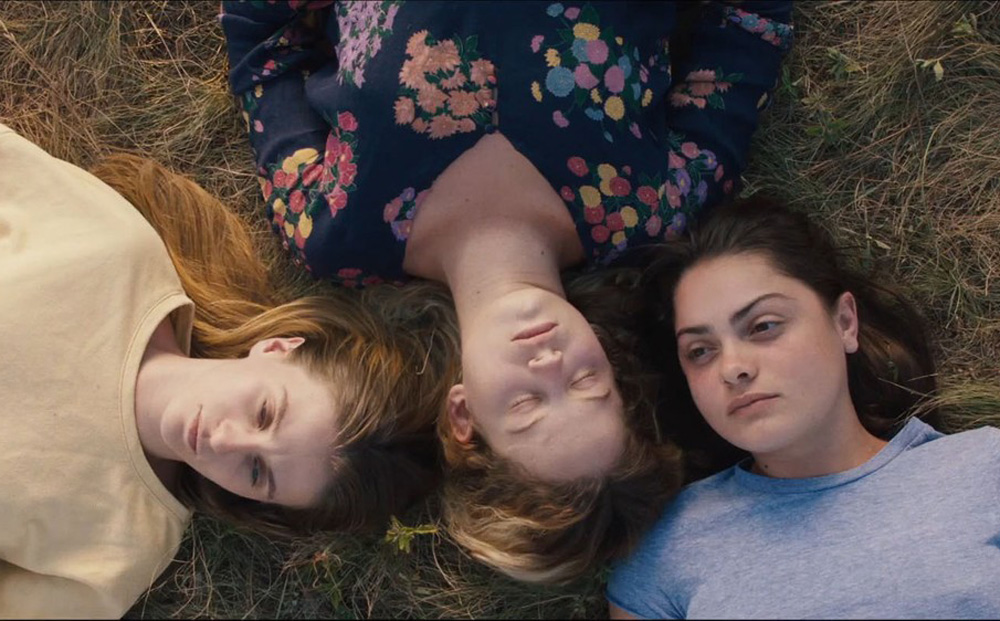To go by the movies, every small town in the world has an abandoned pool to throw rocks at emptied out beer bottles in, something that may not seem like an original observation by now, but when you’re in Kosovo as opposed to a suburb of Dallas, Beijing or Guadalajara, the collective cliche shows there’s not as much distance between these places as it might seem. Yet for the trio of young women in “The Hill Where Lionesses Roar,” it feels like they’re a million miles away from anywhere, all bored to tears while waiting to hear back to hear if they’ll be accepted into college and desperately eager to start their future.
A log line that’s launched thousands of other stories, it’s fitting that a setting that’s become dull to the central characters in Luàna Bajrami‘s debut can suddenly come alive for the outsiders that are allowed a peek in. Somewhat mischievously, Bajrami inserts herself into the action for a bit as a foreigner from France who can’t help but admire what she sees in the relationship between Qe (Flaka Latifi), Jeta (Urate Shabani) and Li (Era Balaj), three friends determined not to spend the rest of their days together since that would almost certainly mean they never left town. Still, for now, they’re all one another has in a place where to get by appears to be such a struggle that looking out for anyone else becomes an even greater burden.
The three waste away a summer mostly in an abandoned brick house atop a hill where they can lounge around and smoke, the cemetery outside serving as a dreary reminder of the far too many that have spent their entire lives there. Although Qe and Li have their hopes pinned on a uni acceptance, another idea takes hold when their families offer offer varying levels of support from mildly encouraging to tepid, leading the gang to literally become as thick as thieves, breaking into local electronics shops and Wal-mart like superstores for thrills. Refreshingly, neither the accumulation of ill-gotten wealth nor the possibility that they’ll get caught – after all, there’s likely something to the belief that men are more likely to receive credit for the crimes – are of much concern to Bajrami, who instead is more interested in exploring what they’ll do with the agency they can afford themselves.
As a filmmaker, Bajrami has a sharp observational eye and clearly a light touch with her actors, with Latifi, Shabani and Balaj all feeling as if they’ve grown up together. Their restlessness is conveyed with impressive restraint, a gentle persistence in line with the community they inhabit where much is suppressed, although the film’s one obvious shortcoming might be with Jeta, who it’s implied has the darkest background of the three being in the care of her lecherous uncle after losing her parents early in life, yet in leaving much to inference, the film deprives Shabani of a character as substantial as Li or Qe. However, it’s mostly marvelous how “The Hill Where Lionesses Roar” sees the beauty where its characters can’t and when the grass always looks greener on the other side, Bajrami does well to let you look over over the fence.
“The Hill Where Lionesses Roar” will screen at the Toronto Film Festival virtually on September 13th at 7 pm, available in Canada.




